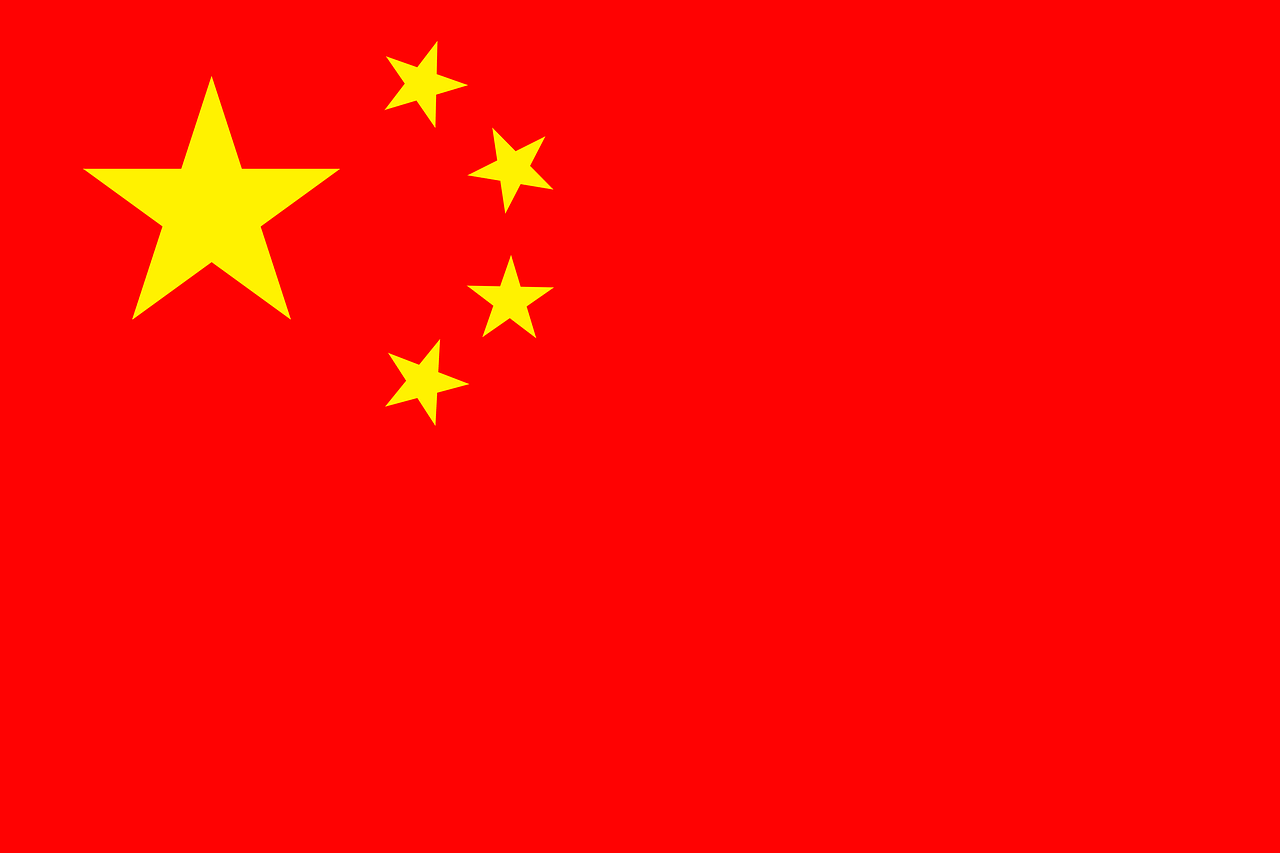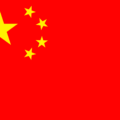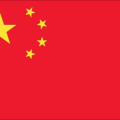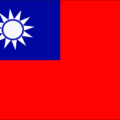China’s Crackdown on Commodity Trading Amidst Price Hikes

Chinese officials have resolved to crack down on all activities related to commodity trading following price hikes and commodity hoarding. This also includes cracking down on malicious practices in an attempt to curb price increases.
Such observations were made by the Chinese officials during a press conference held by the Ministry of Industry and Information Technology this week.
Since the beginning of this year because of the rapid economic recovery and other factors, the prices of raw materials have risen sharply. As swiftly as the prices of commodities and raw materials have risen they have also fluctuated at high levels.
According to data from the National Bureau of Statistics, the Industrial Price Index (PPI) witnessed an increase at a mean level of 5.1%. Such an increase was experienced in the first half of the year itself. As opposed to the corresponding year, during the current year, the PPI in the second quarter increased significantly. This resultantly exerted pressure on the cost of intermediate and secondary production and affiliated companies, thereby shrinking the profit margins of the companies.
According to an official of the Ministry, Huang Libin, most small and medium-sized companies form the middle and lower reaches of the industrial chain. He added that these enterprises suffer because of their weak bargaining power which affected their operations and production.
This is in sharp contrast to the two supercycles of rising commodity prices in the 1970s and early 1990s. Huang noted that the current supercycle is largely the result of overlapping short-term factors. There are too many factors that are simultaneously impacting the prices and markets.
China’s central bank, the People’s Bank of China announced in the first week of July that it would reduce the deposit reserve ratio (RRR). It said that it would make the reduction for qualified financial institutions by 50 basis points in order to help the real economy.
The central bank will impose the RRR cut on all financial institutions, barring those that have previously held the ratio at 5%. Additionally, it may release 1 trillion yuan in long-term funds.
Huang further added that this step covers the impact of commodity price hikes on the production and operation of organizations.
According to an executive meeting of the State Council chaired by Premier Li Keqiang violation of laws and regulations should be severely punished. These violations ranged from illegal reselling of commodities at higher prices, to failure to pay taxes. Additionally, it was recommended that particular cases, i.e. those with repetitive violations should be publicly exposed.
Additionally, according to a news portal, China will allocate from its reserves more than 10 million tons of coal supply during the summer season. This is because the superpower has reserve facilities with storage ability worth 100 million tons.

















